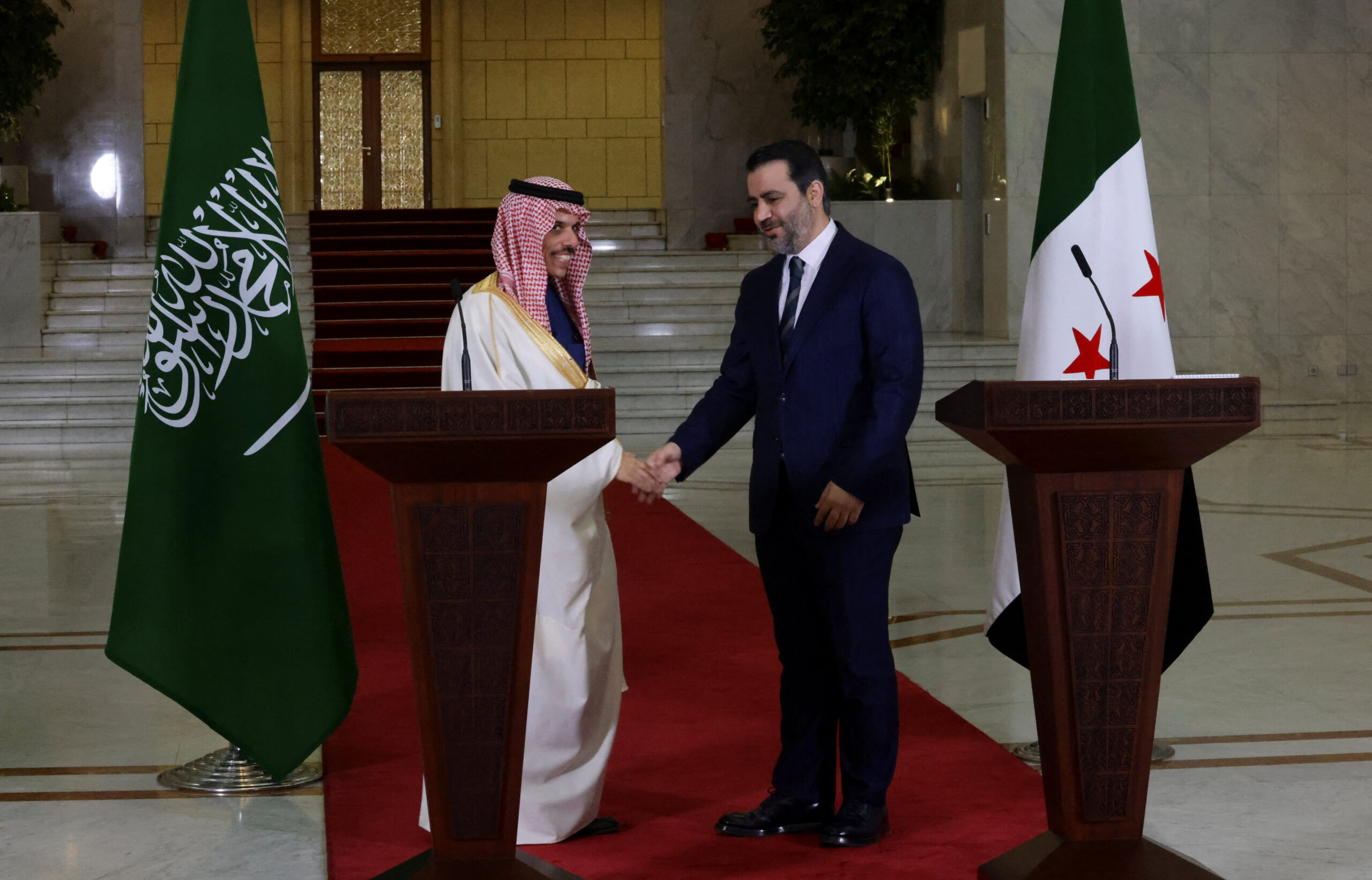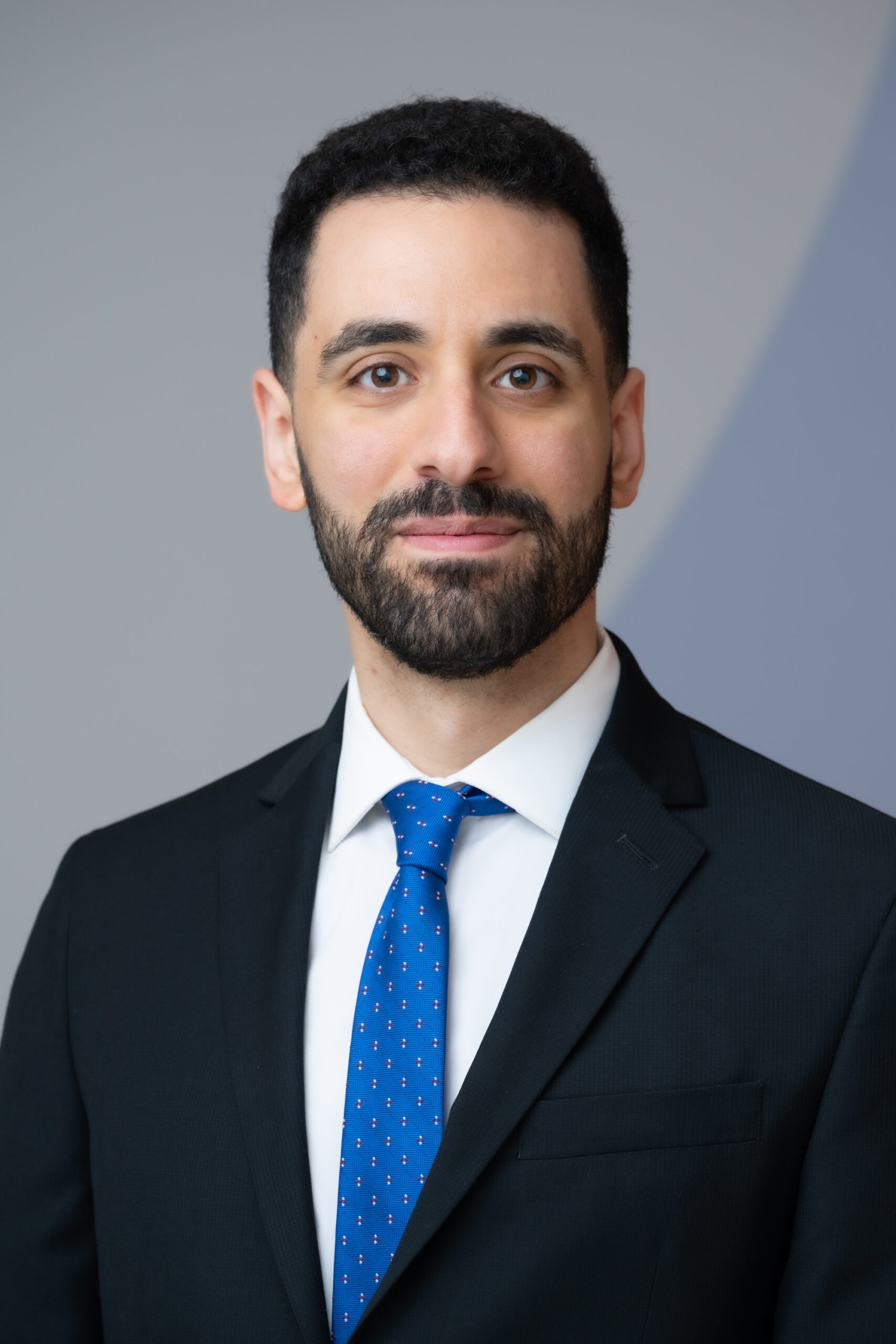Politics and Governance
Feb 26, 2025
Can Gulf States Help End the War in Sudan?
The Gulf states’ influence in Sudan and the wider Horn of Africa gives them leverage that they can use to help bring an end to the conflict.
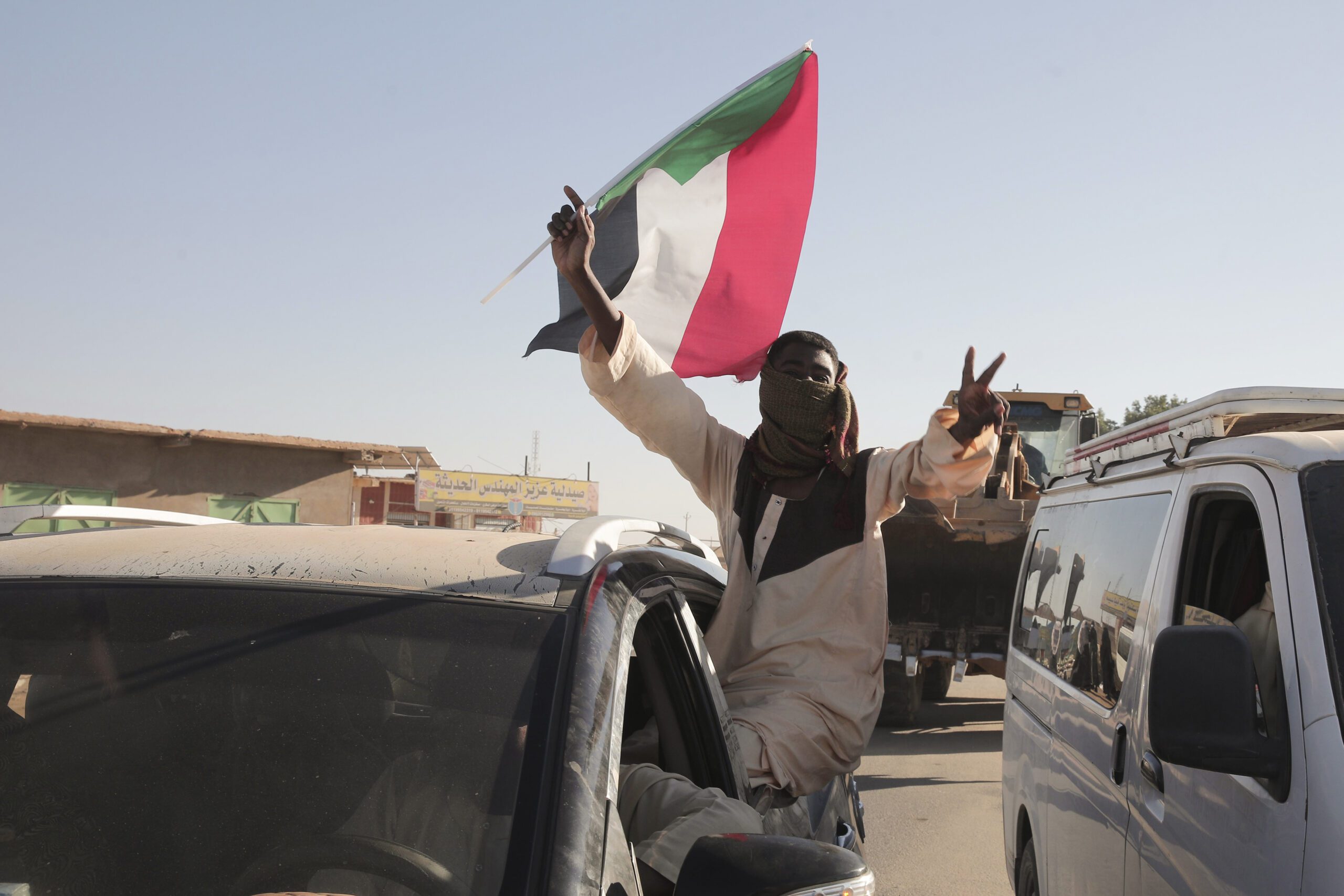
Feb 21, 2025
What’s Behind the Arab Alternative to Trump’s Gaza Proposal
The GCC +2 meeting, followed by the Arab League, has to take Trump's dangerously implausible ideas about Gaza seriously, but Israel won't countenance the Arab states’ alternative.
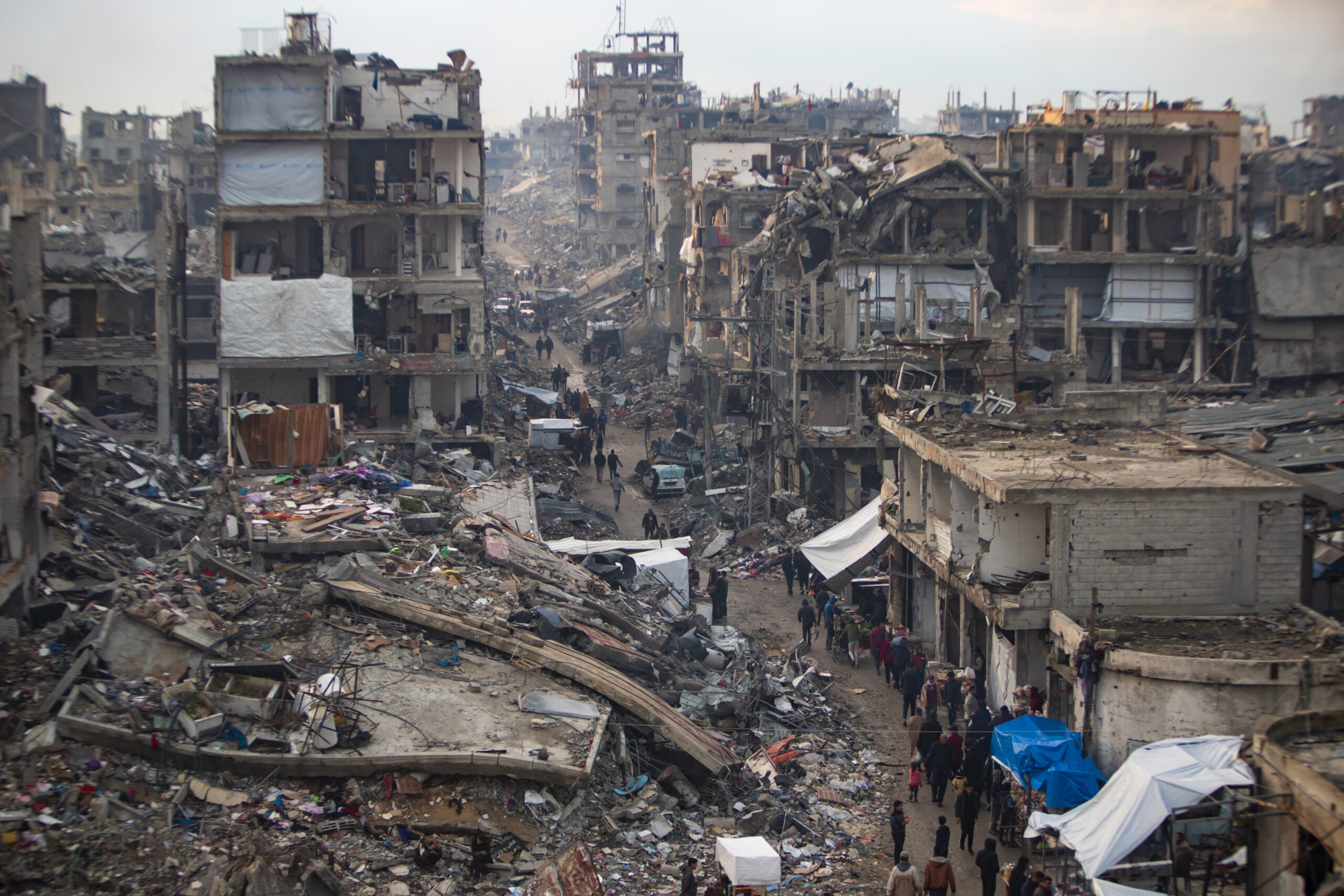
Feb 13, 2025
Sanctions on Syria Prevent Economic Recovery and Rebuilding the Country
For Syria to have a chance at stability, the United States and the EU need to urgently consider lifting the layers of economic sanctions imposed on Syria under Assad and allow Gulf countries to help rebuild the war-torn country.
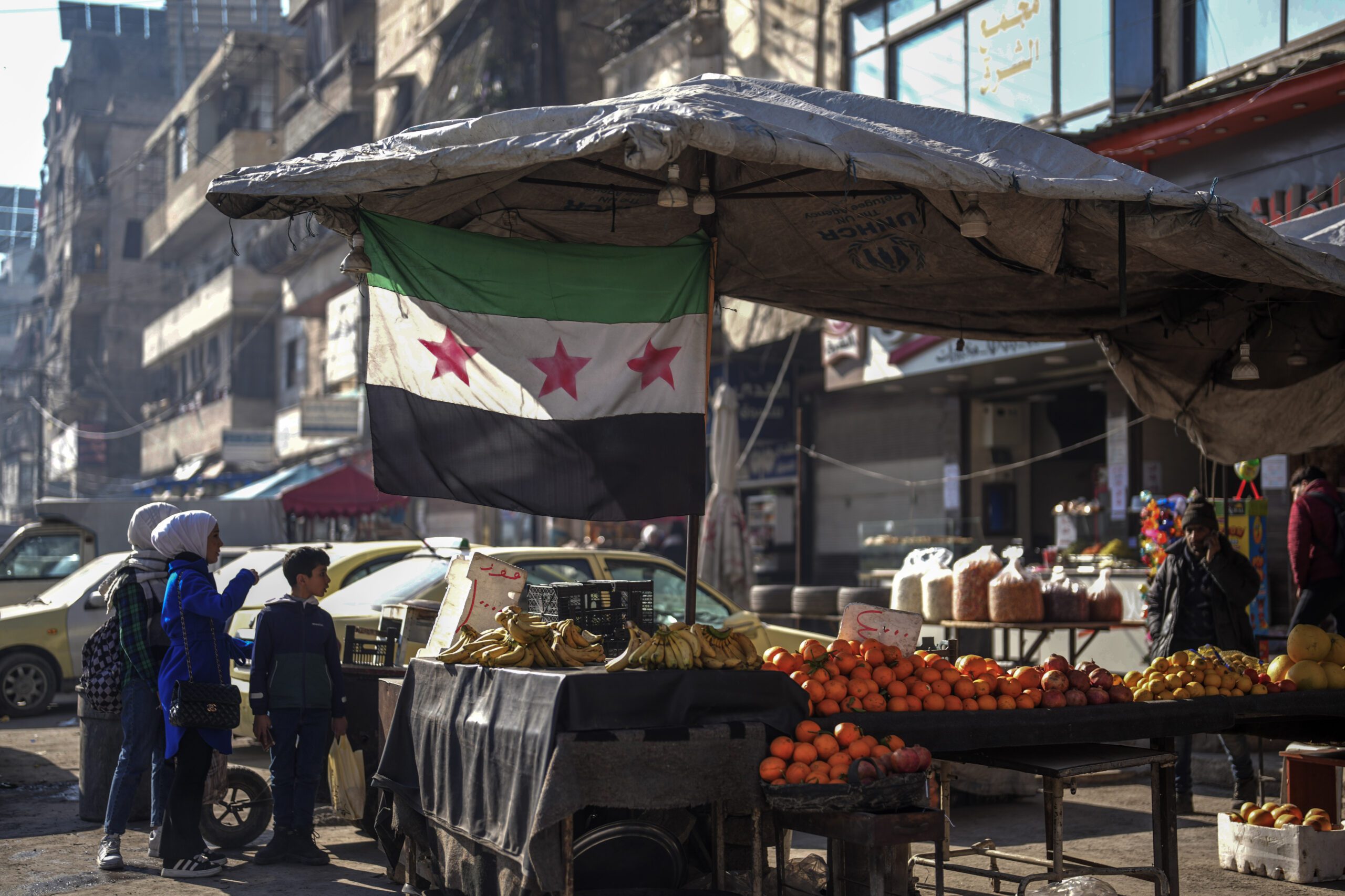
Feb 11, 2025
Emirati and Saudi Ambitions for Next-Generation Fighters
The UAE and Saudi Arabia are looking to next-gen tech and ultramodern combat aircraft to give them a military edge on adversaries.
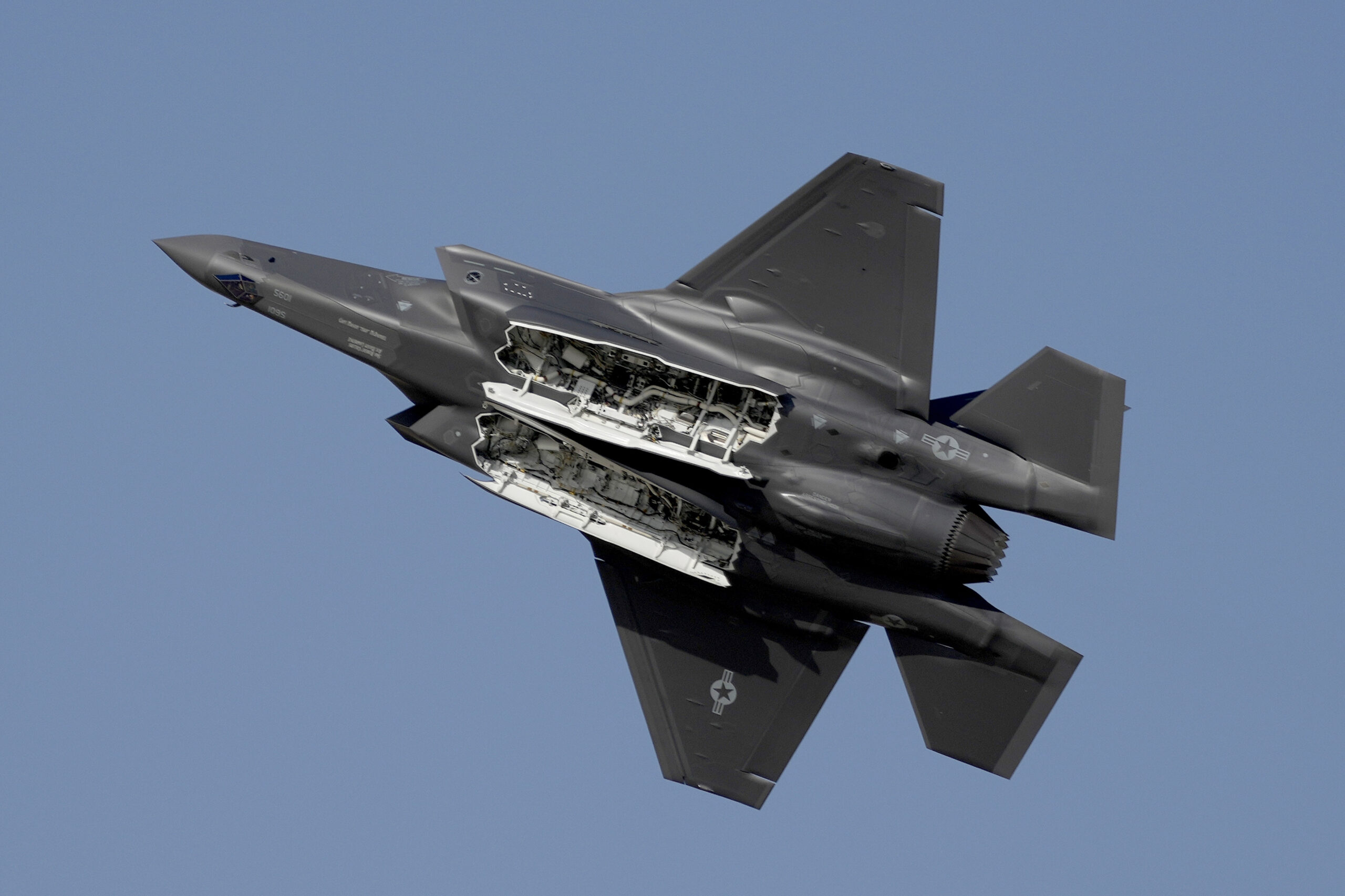
Feb 7, 2025
U.S. and the Middle East Under Trump 2.0
On February 11, AGSIW and the Anwar Gargash Diplomatic Academy co-hosted a discussion on the new Trump administration's foreign policy in the Middle East.
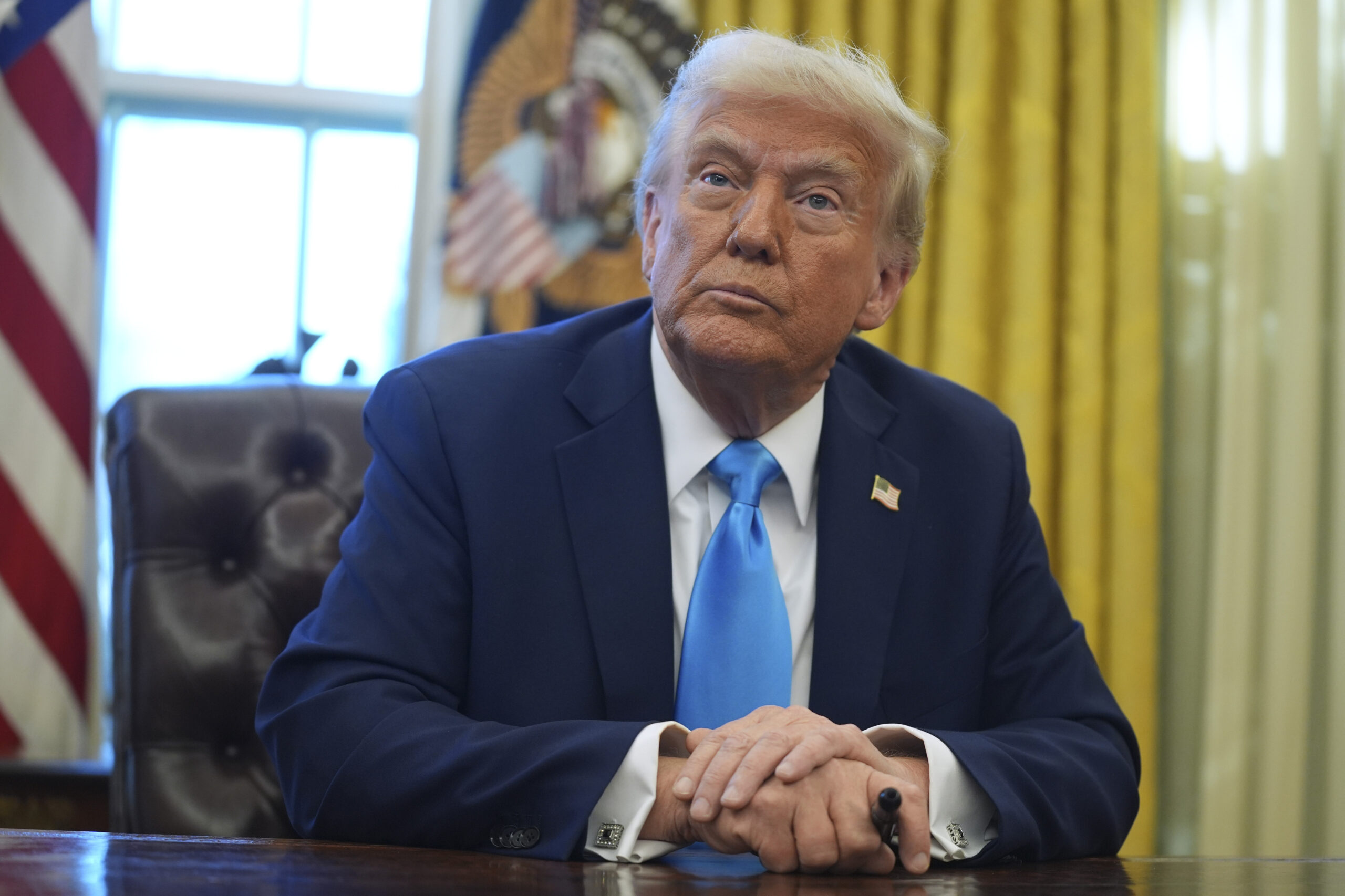
Feb 7, 2025
The Terror Designation: Houthis Scramble While Dismissing Its Impact
While not without risks, Trump’s redesignation of the Houthis as a foreign terrorist organization is a powerful diplomatic tool for Yemen’s government.
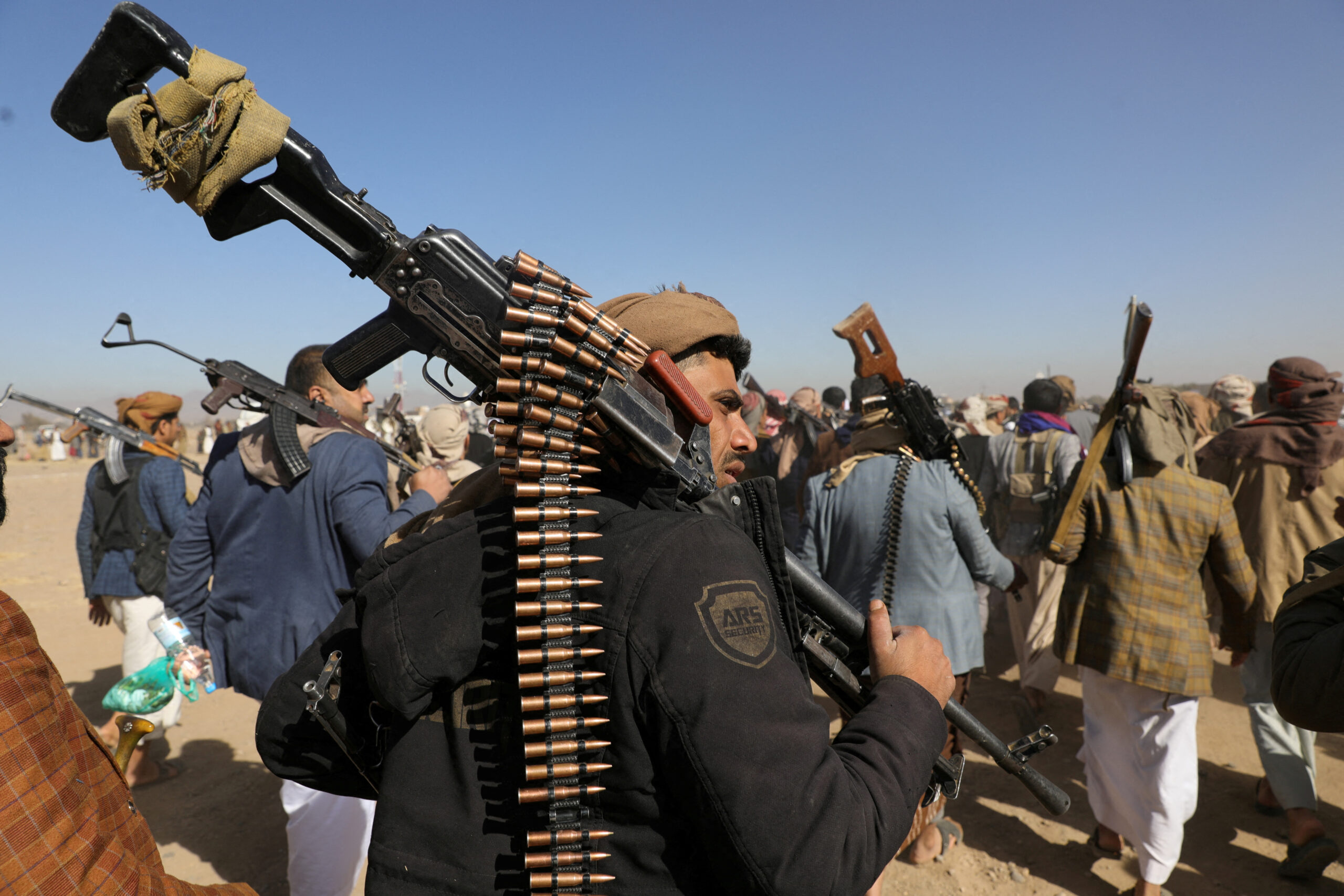
Feb 6, 2025
AGSIW Outlook 2025: Gulf States at the Nexus of a Shifting World Order
AGSIW experts explain the regional trends they’ll be following most closely as the year unfolds.
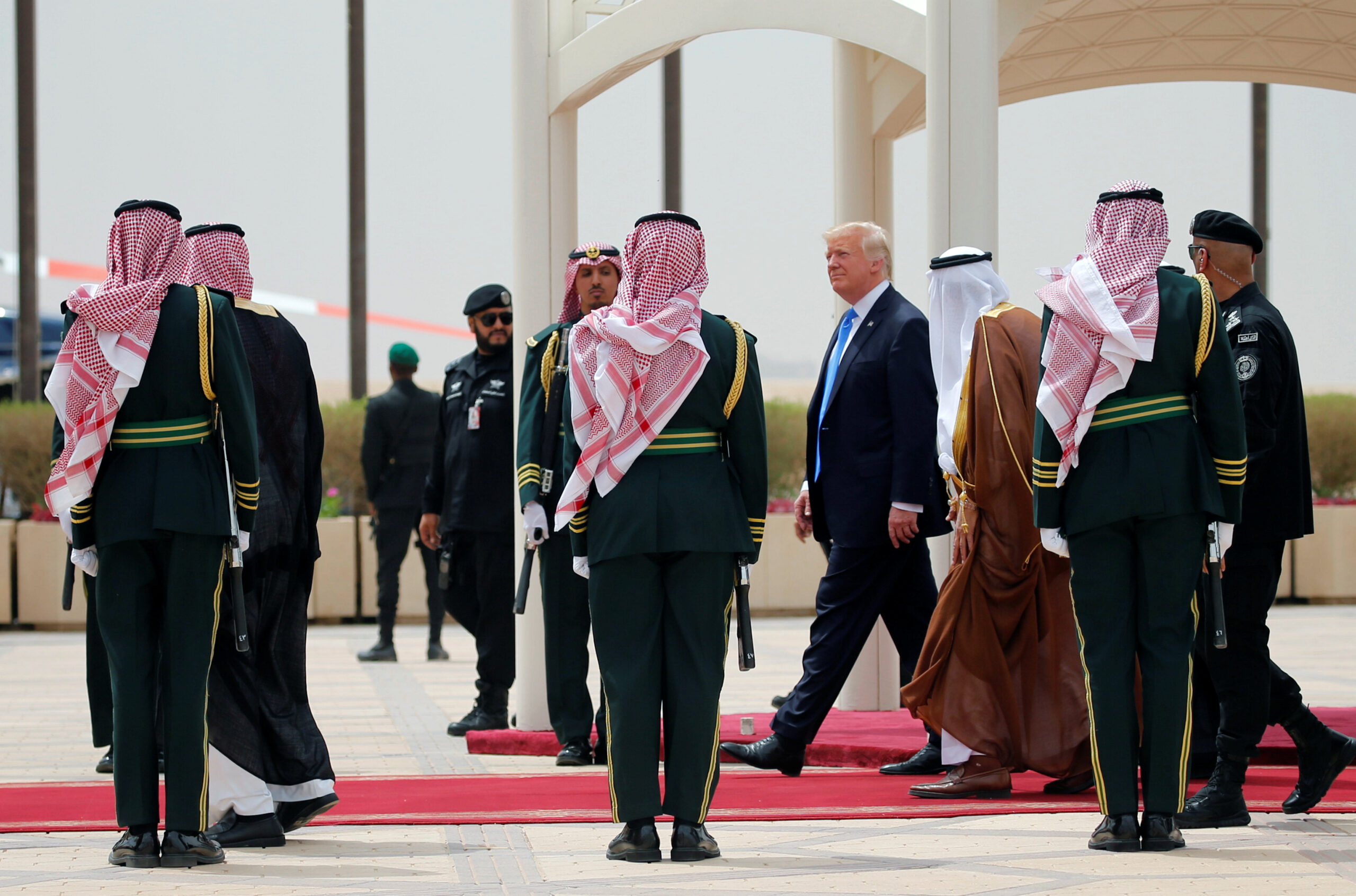
Jan 31, 2025
The Gulf States in a New Syria
Given how Syria after 2011 became a cockpit for external intervention in domestic affairs, the early signs this time for engagement of Gulf states appear more promising, particularly due to their ability to convene and lead in regional affairs.
